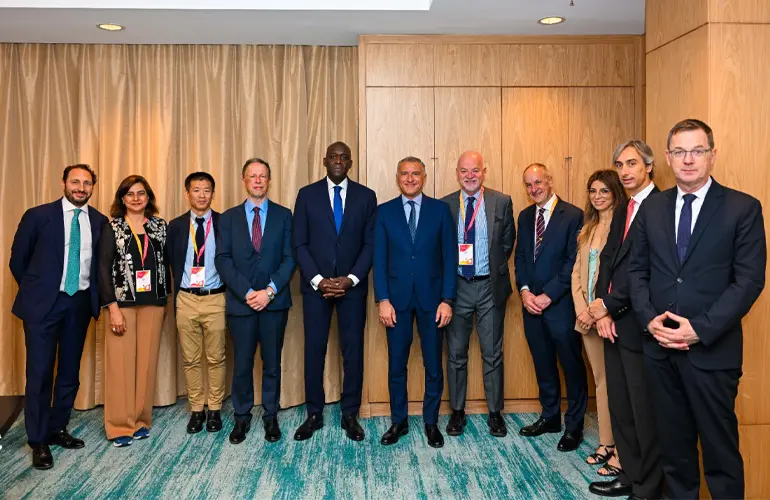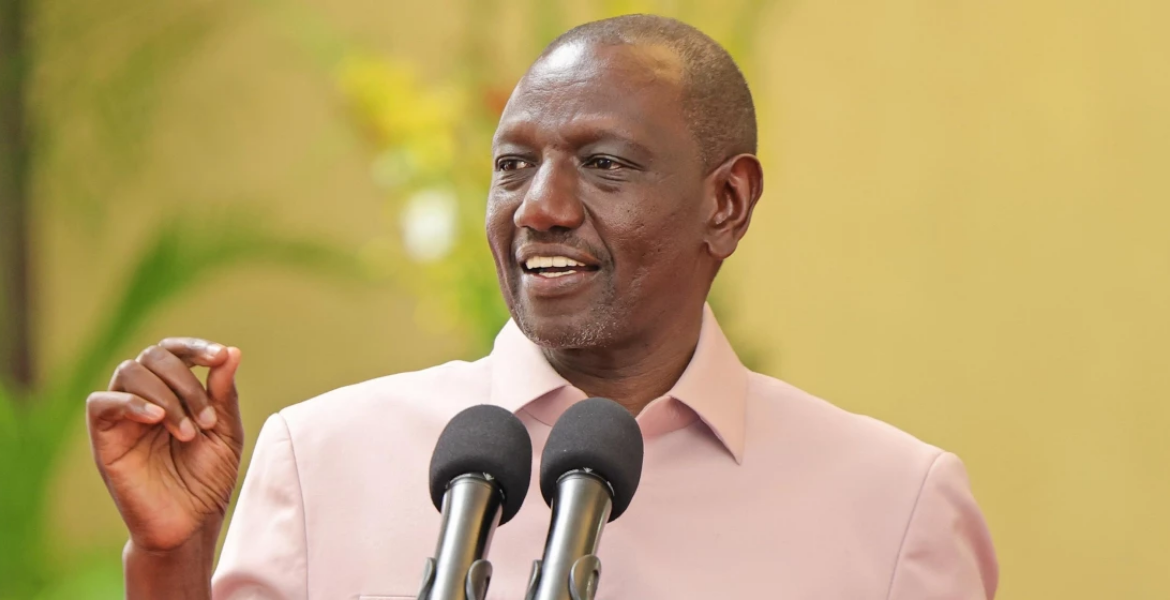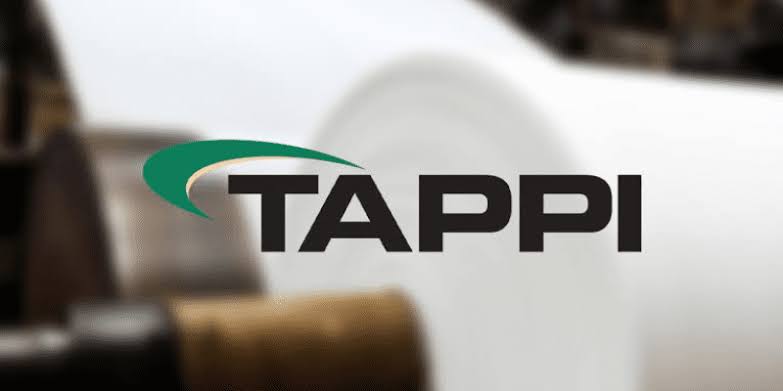The Latitude59 competition, a renowned event that showcases innovation and entrepreneurship around Africa, announced on November 15 that 10 promising startups have been chosen to compete in the final lap.
A press conference announced the selection of these startups as part of a competitive process to showcase new ideas and promote entrepreneurship across the continent. During the event, startups can network with investors and partners.
The winner will get to pitch at the main event in Tallinn, Estonia, where they will compete for a €1 million (about US$1.1 million) prize pool (approximately ₦900 million in Nigeria, KSh 162 million in Kenya, and TSh 2.75 billion in Tanzania).
Early-stage firms need this competition to reach global investors and industry leaders. The Latitude59 event promotes networking and Africa’s startup environment.
Read also: OPay awards ₦12 million scholarship to ABU students
Overview of Latitude59 finalists
In May 2024, Latitude59, Estonia’s leading startup and innovation event, held its 12th edition, attracting over 3,500 attendees, including approximately 600 investors and over 900 startup representatives.
Latitude59 was aggressively seeking early-stage entrepreneurs across Africa to pitch at its next competition, a publication reported last month. Latitude59 pitch competition prizes have been €1 million for two years.
A total of 382 applications were received from 37 African countries, and the top 10 startups have been selected as finalists. These startups will pitch their innovative solutions at an event in Kenya on November 28, where the African winner will be determined.
Selected Startups
Eight of the selected ventures are from Kenya, showcasing a diverse range of innovative solutions:
Paycloud: a neobank designed to help African MSMEs with payments, credit access, and aggregation.
Roadrims: Offers reliable, efficient, and cost-effective logistics solutions.
Twiva: A social commerce platform.
VunaPay: Facilitates instant payments to farmers.
Eco Nasi: Transforms pineapple pulp waste into high-quality vegan leather.
Grekkon: Scales up moisture sensors for smallholder farmers.
Read also: Bluesky’s rise: Can it overtake X as the top social media platform?
Zerobionic: Develops a humanlike robotic arm to assist students with hearing impairments.
NoMa: A tech platform that digitises school transportation.
Zerobionic: Develops a humanlike robotic arm to assist students with hearing impairments.
Also, two other startups from Nigeria and Tanzania have been selected:
Afya Mama (Tanzania): Provides answers about maternal care and reproductive health via SMS and web app.
AcemyX (Nigeria): An LMS that helps students prepare for exams with personalised learning tools and study materials.
Startups will compete in Kenya to advance to Latitude59 in Estonia. Emerging innovators can win a lot and gain international recognition.









